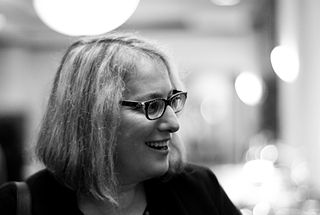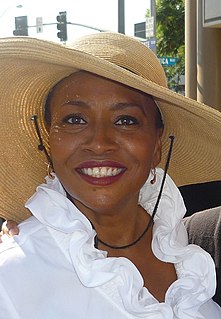A Quote by Friedrich Nietzsche
School has no task more important than to teach strict thought, cautious judgment, and logical conclusions, hence it must pay no attention to what hinders these operations, such as religion, for instance.
Related Quotes
Whatever efforts one may make, one must revert to the realization that religion is the real basis of morality; religion is the real and perceptible purpose within us, which alone, can turn aside our attention from things. ... The science of morality can no more teach human beings to be honest, in all the magnificence of this word, than geometry can teach one how to draw.
To pray is to pay attention to something or someone other than oneself. Whenever a man so concentrates his attention - on a landscape, a poem, a geometrical problem, an idol, or the True God - that he completely forgets his own ego and desires, he is praying. The primary task of the schoolteacher is to teach children, in a secular context, the technique of prayer.
From the simplest lyric to the most complex novel and densest drama, literature is asking us to pay attention. Pay attention to the frog. Pay attention to the west wind. Pay attention to the boy on the raft, the lady in the tower, the old man on the train. In sum, pay attention to the world and all that dwells therein and thereby learn at last to pay attention to yourself and all that dwells therein.
When we multi-task, we are motivated by a desire to be more productive and more efficient. We're often doing things that are automatic, that require very little cognitive processing... Continuous partial attention describes how many of us use our attention today... to pay partial attention - continuously. It is different from multi-tasking.
Attention is like energy in that without it no work can be done, and in doing work is dissipated. We create ourselves by how we use this energy. Memories, thoughts and feelings are all shaped by how use it. And it is an energy under control, to do with as we please; hence attention is our most important tool in the task of improving the quality of experience.
As soon as a thought or word becomes a tool, one can dispense with actually 'thinking' it, that is, with going through the logical acts involved in verbal formulation of it. As has been pointed out, often and correctly, the advantage of mathematics - the model of all neo-positivistic thinking - lies in just this 'intellectual economy.' Complicated logical operations are carried out without actual performance of the intellectual acts upon which the mathematical and logical symbols are based. ... Reason ... becomes a fetish, a magic entity that is accepted rather than intellectually experienced.
Pay attention to your friends; pay attention to that cousin that jumps up on the picnic table at the family reunion and goes a little too 'nutty,' you know what I mean? Pay attention to that aunt that's down in the basement that never comes upstairs. We have to pay attention to our friends, pay attention to your family, and offer a hand.










































